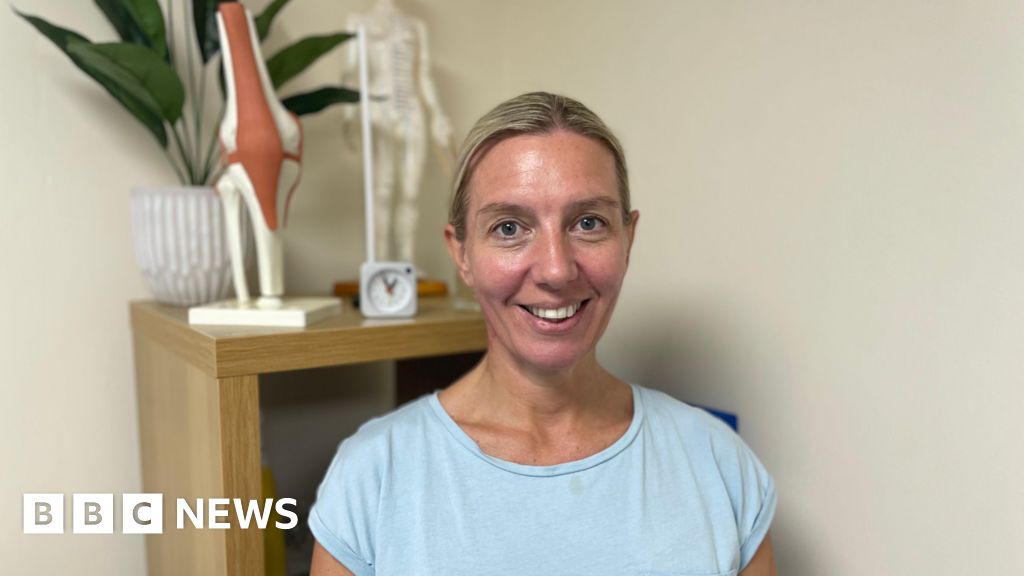When the Archers started on 1 January 1951, the worlds of radio and farming were very different to today. After the Second World War, there was an acceptance that the UK needed to produce more food and become more self-sufficient. This was also a period when radio was key in bringing people together during unstable times. The Archers straddled those worlds of agriculture and broadcast, with the drama dreamt up as a creative way to inform farmers about new farming methods while entertaining people too.
Within a few years, the BBC programme was winning awards and gaining millions of listeners. Nearly 75 years on, it’s estimated that five million people still regularly listen to the latest comings and goings in Ambridge. Nowadays, the team behind the show – recorded at studios in Birmingham – still have a huge commitment to telling real farming stories and reflecting the conversations that really do happen on farms across the UK, thanks to the two agricultural advisors who work on the output.
It means that within the storylines the characters are going through, there are also discussions about wider farming issues: Till or no-till? Farming for food production or purely environmental gain? How to diversify and make a success of it? And as the BBC has learned, the same conversations are happening in the real-life Archers village.
The fictional setting of The Archers, Ambridge, is based on the Worcestershire village of Inkberrow, with local residents telling the BBC that people visit the village from all over the world because of its connection to the programme. Resident Marion Bleney, who has a 300-acre farm, said: “There’s a long history of farming in this area and a great many families are tied up with farming and the land in one way or another.”
While she does not listen to The Archers regularly, she says she likes to know what’s happening in Ambridge, and respects the programme-makers’ take on the industry. “I think they’ve got their handle on what is going on in farming and the huge difficulty farmers have,” she said. “So many town people do listen to it and are educated on the way we live.”
Claire Parker, the director of the Revival Health and Wellbeing Centre in Inkberrow, has lived in the village for seven years, having moved to the rural area from the English capital. “Coming from London was quite a big cultural change but I absolutely love it and the strong sense of community here is just incredible,” she said. She knows as well as anyone that the farming subject includes not only the industry but the welfare of those who work in it.
Over the years The Archers has opened up conversations about difficult subjects in rural communities, perhaps most famously in the domestic abuse storyline of Rob and Helen Archer. Listeners heard in real time how a relationship which seemed healthy to outsiders became controlling and toxic, and how Helen was driven to despair at the hands of her abusive partner. The storyline had a huge impact. Both the Women’s Aid and Refuge charities advised the BBC during the episodes.
The Archers also makes sure any countryside sounds and references listeners hear are accurate, so when you listen in the height of summer, Ambridge sounds like the height of summer too. When it comes to the recordings, the actors have gone through their lines three or four times in the green room, ironed out any phrasing or movement they need to incorporate, before going into the studio.
As the actors perform, a woman called Ness, the spot effects guru, weaves around them, adding in lots of the sound effects in real time; the clinking of glasses, the shutting of a gate, or rustling of hay. All this care is taken because The Archers team wants to accurately and realistically reflect rural life, and at a time when audiences are becoming increasingly interested in where our food comes from. The team says it feels the weight of that responsibility and expectation, but also pride.
Source link




